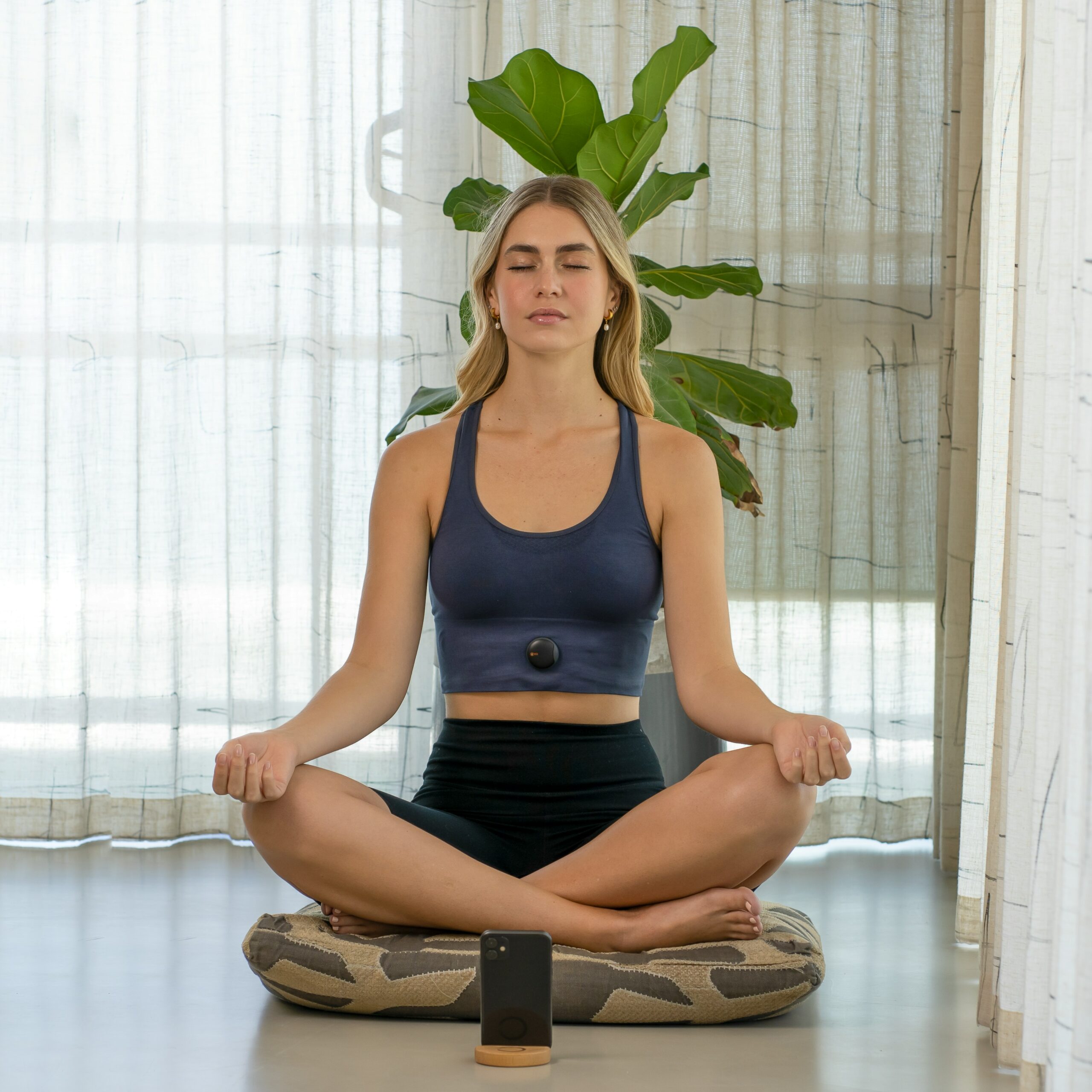Picture this: You’ve just gotten off a hard phone call. Your chest is tight, your mind is racing, and you feel desperate to unload. Your first thought? I need to call my best friend. Right now. You want to talk it through, get reassurance, maybe even find an answer in their voice.
Sound familiar? You’re not alone. When emotions run hot, it’s completely natural to reach for connection. We want to co-regulate — to steady ourselves by leaning on someone else’s calm. And that’s okay. In fact, it’s human. But here’s the thing: if reaching outward becomes our default every time big emotions hit, we miss an important part of growth — learning to regulate ourselves first.
Why We Do This (and Why It’s Normal)
No one copes only by leaning on others (children might, but adults usually don’t). Still, when the heavier emotions land — panic, shame, grief, helplessness — it can feel almost impossible to sit with them alone. We want relief fast. We want to know we’ll be okay. And it’s normal to look for a lifeline in those moments.
But if we skip over self-regulation altogether, the long-term cost can pile up — for our relationships and for ourselves.
How This Shows Up in Real Life
Think about these everyday scenarios:
- You get harsh feedback at work and immediately text your partner in tears, expecting them to talk you through it.
- A fight with your sibling leaves you spiraling, and you call your parent at midnight to calm you down.
- A stressful meeting ends, and you unload the whole play-by-play on a coworker who’s already drowning in their own deadlines.
We’ve all done some version of this. Occasional? Totally fine. But constant reliance? That’s when it can get tricky.
The Impact on Relationships
When we lean too heavily on others to regulate our emotions, it can:
- Overwhelm the people we love.
- Make them feel guilty or responsible for fixing something they can’t solve.
- Lead them to avoid us during hard moments.
- Blur boundaries and create resentment.
- Drain their emotional energy.
- Leave them dysregulated too.
Over time, people may even start to pull away because they don’t know what version of us they’ll get — calm or in crisis.
The Impact on Ourselves
And the effect isn’t just external. Over-reliance can also leave us with:
- Embarrassment or “vulnerability hangovers” after oversharing.
- A shaky sense of self-trust (“I can’t handle things on my own”).
- Distorted beliefs that others can’t handle us, which makes asking for support harder later.
- Increased anxiety or depression from repeated helplessness.
- An unhealthy narrative that we’re incapable of being okay without someone else’s help.
That’s a heavy price to pay for momentary relief.
So, What’s the Alternative?
The answer isn’t cutting people off — it’s practicing self-regulation first, then seeking support in ways that are clearer and healthier.
Here’s a path you can try:
1. Notice the Flag
The moment you feel overwhelmed, panicked, or triggered, treat that as your signal: pause. Don’t rush to solve or explain.
2. Regulate the Body First
Your nervous system has to come back to neutral before your brain can problem-solve. Try:
- A short walk outside.
- Deep belly breathing (in for 8, out for 8 – hold your breath until you reach the full count if you can’t inhale/exhale the full count).
- A grounding exercise like naming 5 things you see, 4 things you feel, 3 things you hear, 2 you smell, 1 you taste.
- Mindful crying — letting the tears come without judgment.
Give it 5, 10, even 30 minutes if needed.
3. Ask Yourself Three Questions
Once you’re calmer, shift into reflection:
- What am I feeling?
- What do I need?
- What’s the best way to meet that need or handle the situation?
You can journal, type it in your notes app, or even talk out loud to yourself. This step gives clarity — instead of reaching out blindly, you now know if you need comfort, problem-solving, space, or something else entirely.
4. Reach Out — With Alignment
Only after you’ve grounded yourself do you seek support. Now you can ask for what you actually need:
- “I don’t need you to fix this; I just need a hug.”
- “Can you listen for 10 minutes while I vent?”
- “I’d love your perspective on this problem I’ve been thinking through.”
This clarity strengthens relationships instead of straining them.
Why This Matters
Practicing self-regulation doesn’t mean you stop needing people. It means you build trust in yourself and allow your relationships to thrive without the weight of constant emotional caretaking. Over time, this gives you:
- Greater self-trust.
- A stronger sense of competence and empowerment.
- More control over your emotions and responses.
- Healthier, sustainable relationships.
And maybe most importantly, it allows you to work with your body instead of against it — calming first, thinking second.
We all default to others sometimes. That’s normal. But when we practice our own regulation first, we create healthier patterns with ourselves and with the people we love.
If this resonates and you’re curious about exploring your self-regulation tools more deeply, therapy can be a powerful space to practice these skills. You can schedule a session here for extra support.

+ show Comments
- Hide Comments
add a comment